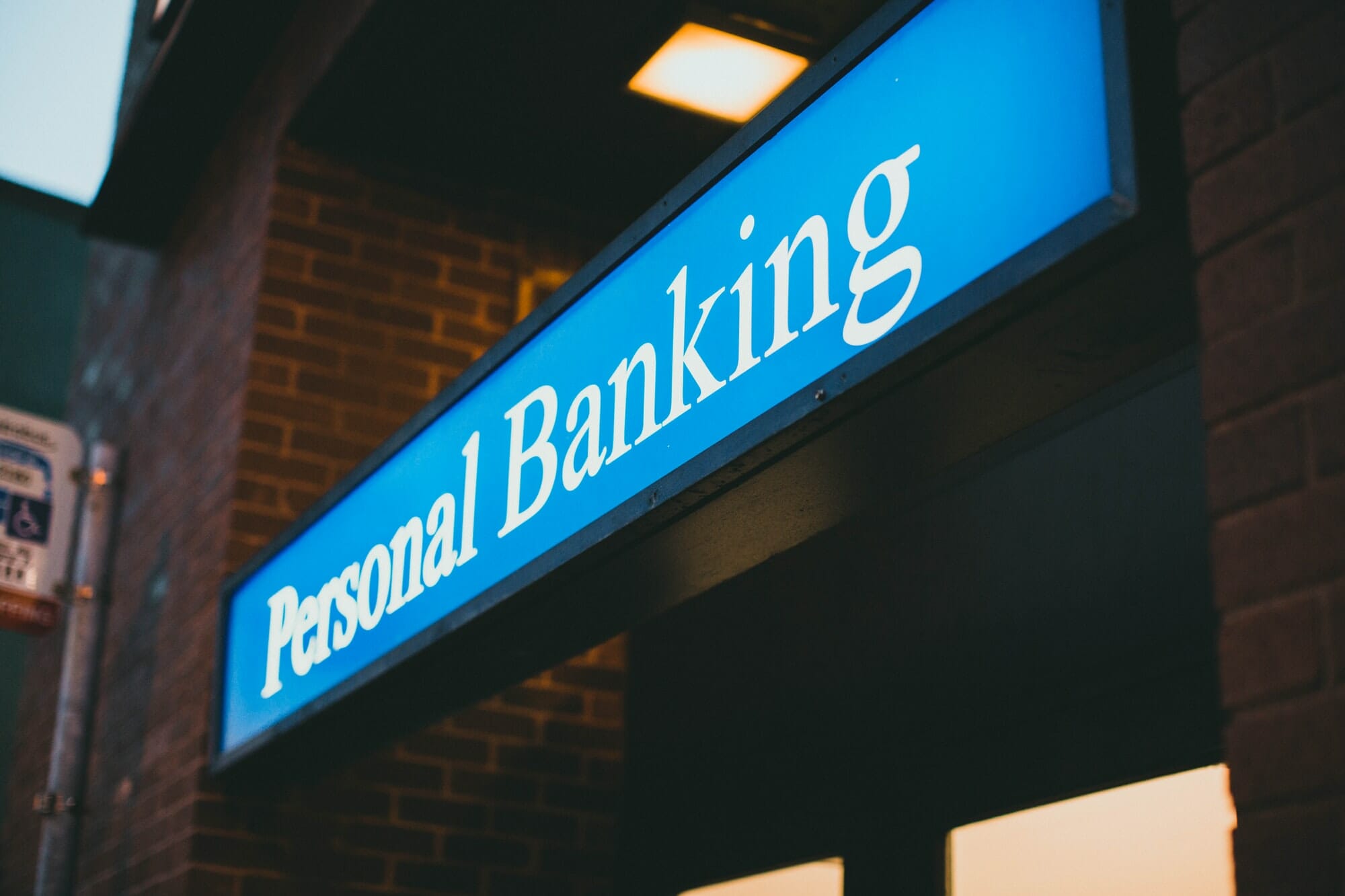Avoid spending more money than you have to escape extra charges
If you are managing your finances closely and living from one paycheck to the next, chances are you have a routine in place to ensure you stay on track each month. However, this system only works seamlessly when every fee and payment stays consistently the same, which is not always the case. When you try to make a payment, either manually or automatically, without sufficient funds, your bank will charge you an overdraft fee. These fees, while not typically substantial, can be bothersome and have a negative impact on your relationship with your bank.
To prevent overdraft fees, it is vital to monitor your account regularly. The easiest way to do this is by checking your balance daily. With the convenience of online banking, this task has become simpler. Alternatively, if you don’t have regular access to a computer or smartphone, or if you prefer more traditional methods, you can set up balance alerts. These alerts will notify you via text or email if your balance drops below a certain amount. Additionally, if you have multiple accounts like a checking and savings account, you can link them so that if a payment would overdraft your checking account, the difference will be taken from your backup account instead.
Some banks provide overdraft protection on their accounts and cards, causing payments to be declined instead of resulting in an overdraft. Nevertheless, these systems are not foolproof as certain payments may bypass them. If you frequently incur overdraft fees, you might want to contemplate switching to a different bank. Each bank sets its own overdraft fee policies, so if this issue arises regularly, you can explore other options to mitigate the impact.













































